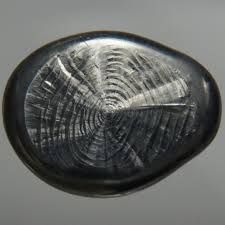Is lead very harmful?« Back to Questions List
|
Lead is a naturally occurring metal that is used in everything from construction materials, plumbing equipments to batteries. Though lead is a very common and useful metal, it is a very dangerous poison when inhaled or ingested. In the olden days, it was widely used as an additive in paint, gasoline, leaded pipes, solder, crystal, and ceramics. Though the use of it in many of these items has been phased out, there is still use of traces of lead in our day to day life. Unfortunately we cannot see, smell or taste lead.
It is found in the storage batteries, in the wicks of some types of candles, certain plastics, insulation of electronic gadgets and solder joints of electrical wires or metal parts together. Lead exposure may lead to ingestion or inhalation in both children and adults. The ingestion may happen due to contaminated water, paint chips or dust. Ingestion of foods containing it from soil and water will also result in lead poisoning.
Children are more prone to the poisoning as they put toys, soil, dirt, batteries (which may contain lead) into their mouth. Lead poisoning occurs slowly over time due to repeated exposure to small amounts of lead. It starts to accumulate in the body. Very low level exposure can play with the development of brain and nerves in children. It is essential to keep children away from putting things into their mouth.
So how does it becomes toxic once inhaled or ingested? It interferes with the chemical reactions carried out by the proteins inside your body. The proteins are the building blocks of our body. The instructions to produce proteins which carry on their regulatory tasks are determined by the gene. Lead interferes with the proteins altering the working of genes by replacing metals like iron, zinc and calcium in their molecules.
Lead is a useful and necessary metal but on the other hand even traces of lead inside the body could be dangerous.
What makes glue sticky?What is artificial intelligence? |

